GEN.SANTOS CITY (September 19, 2007) – International partners have introduced zinc supplementation in Sarangani province to reduce child deaths due to diarrhea.
Sarangani is the first Philippine province to launch the concept of zinc in diarrhea management and its potential for diarrhea control, said Dr. Alan Talens.
"Although already used in the private sector, it has not yet been introduced and adopted as a public health intervention in the Philippines pending issuance of DOH (Department of Health) policy," Talens disclosed.
Talens, director of Sarangani MATCH Program, launched the Maximizing Access to Child Health (MATCH) in January.
On Tuesday (September 18), MATCH-International Aid and its partner organization Western Statistician (Westat) introduced to the press and grassroots health sector the "Zinc Intervention Promotion Strategy for Diarrhea Management in Sarangani Province."
Grassroots efforts for zinc supplementation initially cover the 1st District of Sarangani composed of Maitum, Kiamba and Maasim towns.
"We must start in the grassroots level to start addressing our problems in health care," Gov. Migs Dominguez said in a press briefing in General Santos City.
The governor noted the difficulty of those residing in the highlands to access health programs of the government.
Diarrhea is the second leading cause of child mortality and morbidity in the 1st District of Sarangani according to a survey conducted by MATCH.
"We must bridge the disparity of access to health care between those living in the uplands and those in the lowlands," Gov. Dominguez stressed.
Diarrhea incidents were high for uplands dwellers and those belonging to the indigenous people.
"Although we can say that the child death due to diarrhea is few, our point is that no child should die because of diarrhea," said Dr. Cecilia Acuin of the National Health Institute of the University of the Philippines.
Zinc has been found to reduce the duration and severity of diarrhea and prevent subsequent episodes by studies in different countries conducted by the World Health Organization and the UNICEF.
"We will also be introducing the reformulated low osmolar Oral Rehydration Solution (ORS) which has also been found to be effective than the previous formulation," added Acuin.
The zinc that would be introduced comes in dispersible tablet which costs much cheaper than the syrup and drops available in the market.
"It will just cost P1 per tablet and you will need around 10 tablets unlike the drops which cost around P100 per bottle and you will need two bottles," said Acuin.
International Aid implements the program with the provincial government of Sarangani and Westat, an American research corporation.
According to its website, Westat is an employee-owned research corporation serving agencies of the U.S. Government, as well as businesses, foundations, and state and local governments.
Westat is present in 30 countries worldwide and has extensive experience addressing health issues in developing country settings which includes HIV/AIDS, Tuberculosis, Nutrition and Environmental Health.
Mekkla Thompson, Westat project manager, said her team hopes to determine the most effective medium in introducing zinc in childhood diarrhea cases to the public.
"We need to socially market zinc in order to be acceptable in child diarrhea cases," Thompson said.
MATCH envisions the 1st District of Sarangani after three years with no child dying from avoidable diseases (diarrhea, acute respiratory illness).
MATCH targets 150,000 program beneficiaries, with 29,000 households able to provide proper health to their own families. MATCH also aims to have fully operational health care groups in 54 barangays and highly motivated health care providers. (SARANGANI INFORMATION OFFICE/RIO)
Subscribe to:
Post Comments (Atom)




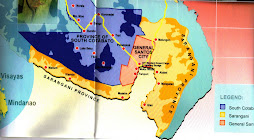


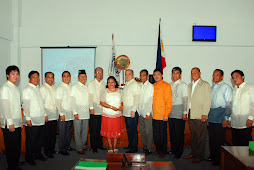


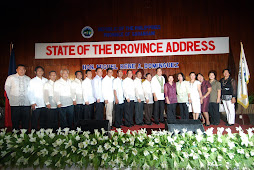
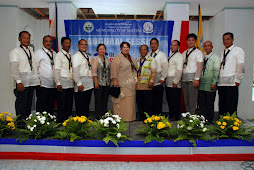










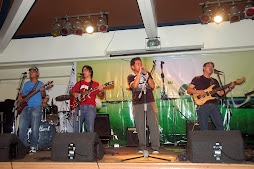




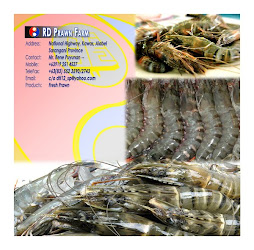




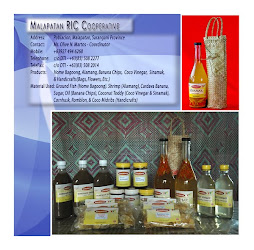

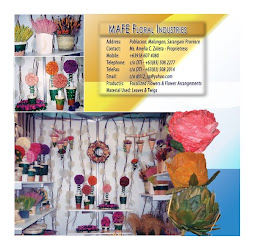
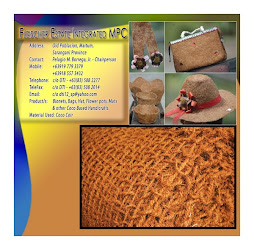



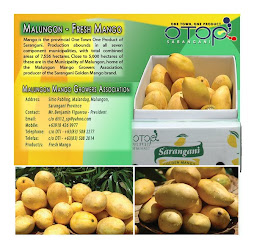
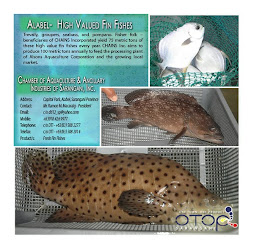


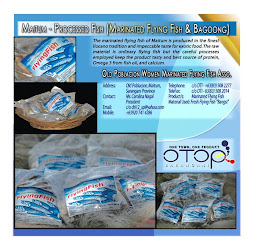
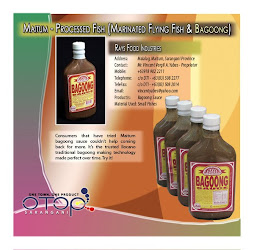
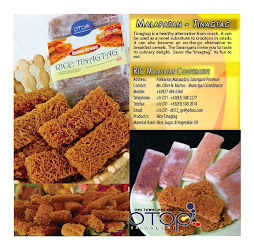


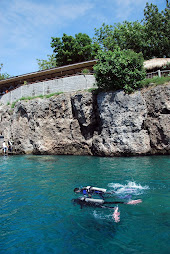



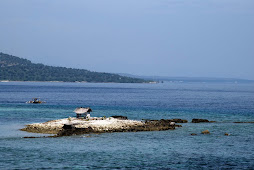
No comments:
Post a Comment